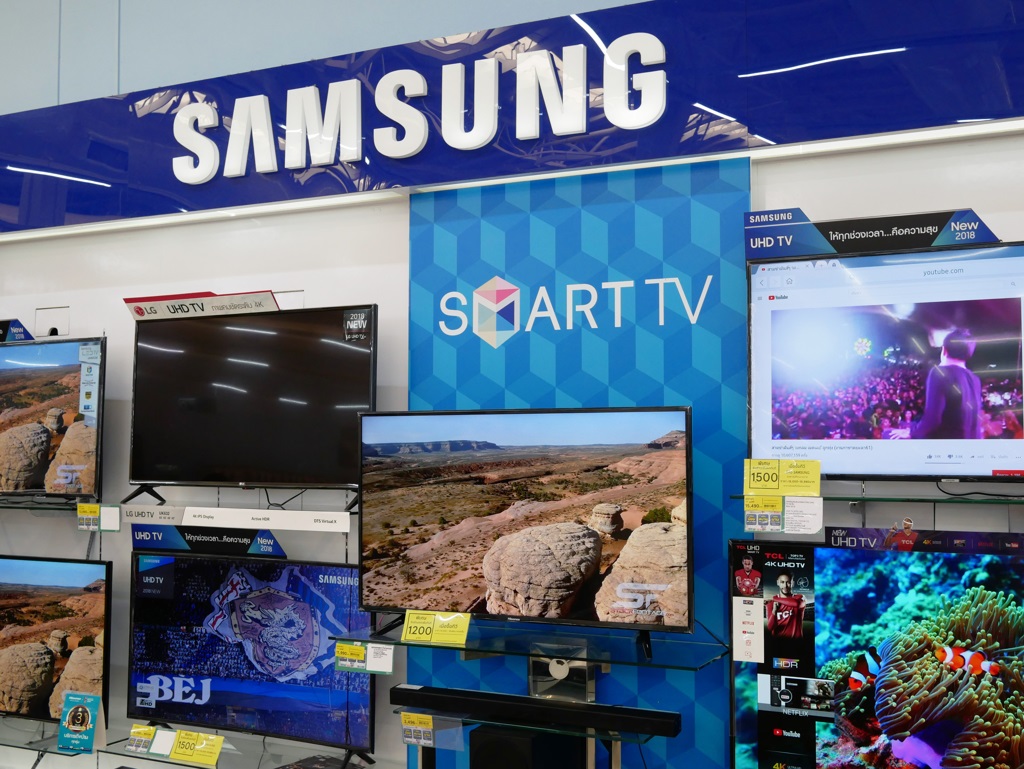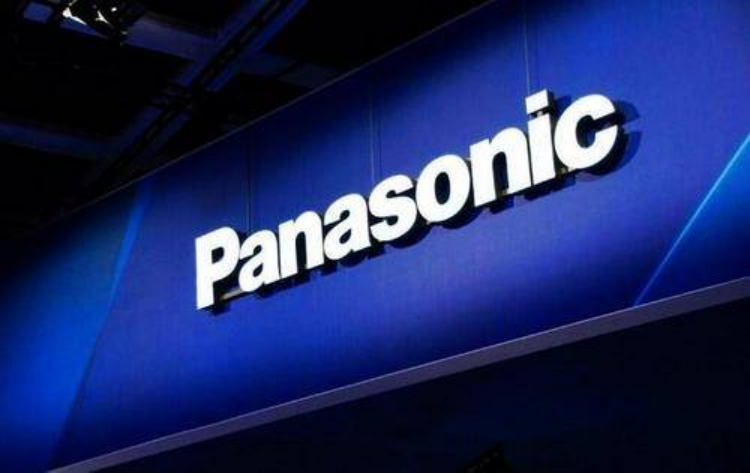
The LCD panel business in Japan and South Korea has undergone very significant changes in the past few decades. Initially, Japan dominated the global LCD panel market, especially when well-known companies such as Sharp opened the first production line for large-size LCD screens in the 1990s. At the same time, with the rapid development, rise and investment of South Korean companies, some well-known companies in South Korea, such as Samsung and LG, have gradually caught up with Japanese companies in technology, and successfully became the main supplier of the global LCD panel market in the early 2000s.
Through technological innovation and large-scale investment, Chinese mainland manufacturers have gradually broken the monopoly position of South Korean companies in the global LCD panel market, and occupy an increasing share in the global market. Recently, Japan's JDI company and Japan's Panasonic company announced that LCD panels to stop production, while South Korea's Samsung Company and LG Company also plans to gradually reduce the scale of the LCD panel business in the next few years, Sharp and other companies have stopped some of the LCD panel production line, the news caused widespread concern and discussion in society. LCD has been the mainstream display panel, is widely used in mobile phones, computers, televisions and other screens. The LCD industry is ushering in a new inflection point, with the news that South Korea and Japan panel giants have withdrawn from LCD production, but also on the panel industry and downstream consumer electronics industry has a potential and far-reaching impact.
In this context, the Japanese and Korean LCD panel business is facing a huge challenge. Due to various factors, Japanese and Korean companies began to gradually withdraw from the LCD panel business and turn to other areas to seek new growth points. The first reason is the fierce market competition: due to the relatively high technical threshold of Japan and South Korea in the field of LCD panels, coupled with their excessive dependence on raw materials and equipment, their production costs are relatively high. To some extent, this has affected their profitability and competitiveness in the market. With the rise of Chinese panel manufacturers such as BOE, TCL Huaxing, Huike and other brands, Japan and South Korea have gradually disappeared in manufacturing technology leadership and cost advantages, LCD panel production capacity has increased significantly, and market competition has become extremely fierce. This competition has led to a slump in LCD panel prices, at the same time, rising raw material and labor costs have also increased the production costs of Japanese and South Korean panel manufacturers, making it difficult for Japanese and South Korean panel manufacturers to compete with mainland Chinese manufacturers in price and maintain profitability.

Second, the industrial transformation is difficult, in the global LCD panel market, the rapid rise of Chinese mainland manufacturers and the gradual expansion of market share, has posed a huge threat and challenge to Japanese and Korean manufacturers. Industrial transformation is likely to intensify this competition, forcing Japanese and Korean manufacturers to accelerate the pace of innovation, and improve product quality and reduce costs to maintain market share and profitability. Because Japan and South Korea have invested a lot of resources and energy in the field of LCD panels, they may face greater difficulties in the later transition to other areas. This not only requires them to start from scratch and re-invest a lot of technology research and development and production resources, but also requires them to re-establish their brand image and market channels.
Third, the financial pressure is greater, the fierce competition in the market, the difficulty of product transformation and the trend of sharp rise in costs, the need to face new investment and research and development of new technologies, the original production equipment and technology need to be updated or replaced in order to meet the new market demand. For the LCD panel business in Japan and South Korea, this may lead to the need for huge capital investment and technology research and development costs, enterprises may not be able to bear the high research and development costs and equipment acquisition costs, thus affecting the upgrading of products and market competitiveness. Under financial pressure, Japanese and South Korean panel companies need to more strictly control operating costs, including raw material procurement, labor costs, energy consumption and so on. This can lead to changes in supplier selection, employee treatment and production processes to reduce costs and improve efficiency. As the LCD panel business continues to slump, some Japanese and South Korean manufacturers such as Sharp are facing huge financial pressure. In order to alleviate this pressure, they have to choose to stop production or exit the LCD panel business.
The above factors have had a profound impact on the LCD panel business in Japan and South Korea, bringing both challenges and opportunities. Although Japanese and Korean companies in the LCD panel business once had a significant advantage and position, but with the change of the global panel industry pattern and the intensification of market competition, they have to face the reality and make adjustments. In the future, they need to continuously strengthen technology research and development and innovation capabilities, optimize the industrial chain layout and cost control, in order to adapt to the changes and development trends of the global LCD panel market. At the same time, Japanese and Korean manufacturers need to adopt more flexible and innovative strategies to respond to market changes and seek new development opportunities.

Since 2022, the Fed has cumulatively reduced its balance sheet by $2.4 trillion through quantitative tightening (QT) policies, leading to a near depletion of liquidity in the financial system.
Since 2022, the Fed has cumulatively reduced its balance sh…
On December 11 local time, the White House once again spoke…
Fiji recently launched its first green finance classificati…
Recently, the European Commission fined Musk's X platform (…
At the end of 2025, the situation in the Caribbean suddenly…
The U.S. AI industry in 2025 is witnessing a feverish feast…